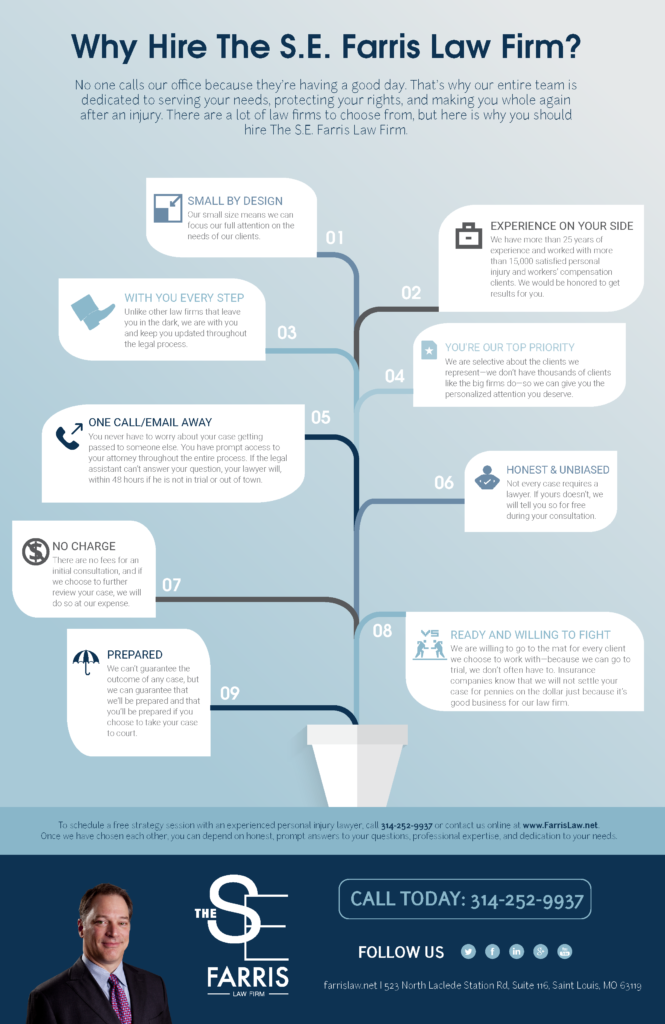Usual Myths Regarding Criminal Protection: Debunking Misconceptions
Usual Myths Regarding Criminal Protection: Debunking Misconceptions
Blog Article
Created By-Anker Byrd
You've possibly heard the misconception that if you're charged with a criminal activity, you should be guilty, or that remaining quiet ways you're hiding something. These prevalent beliefs not only distort public assumption but can likewise affect the results of lawful procedures. It's critical to peel back the layers of false impression to understand real nature of criminal defense and the legal rights it shields. What if you understood that these misconceptions could be taking apart the very structures of justice? Sign up with the conversation and explore exactly how disproving these myths is vital for ensuring fairness in our lawful system.
Myth: All Offenders Are Guilty
Often, individuals wrongly believe that if a person is charged with a criminal offense, they need to be guilty. You could presume that the lawful system is foolproof, however that's far from the fact. Charges can come from misconceptions, incorrect identifications, or not enough evidence. It's vital to keep in mind that in the eyes of the legislation, you're innocent until tested guilty.
This anticipation of innocence is the bedrock of the criminal justice system. It ensures that the burden of proof lies with the prosecution, not you. They should establish beyond a practical uncertainty that you devoted the criminal offense. This high standard shields people from wrongful convictions, making certain that nobody is penalized based upon presumptions or weak proof.
In addition, being charged doesn't mean the end of the roadway for you. You have the right to safeguard on your own in court. This is where a proficient defense lawyer enters into play. They can test the prosecution's case, present counter-evidence, and advocate on your behalf.
The intricacy of legal proceedings usually calls for professional navigation to secure your rights and attain a reasonable end result.
Myth: Silence Equals Admission
Numerous believe that if you pick to remain quiet when implicated of a criminal offense, you're basically admitting guilt. Nevertheless, this could not be additionally from the fact. Your right to stay quiet is protected under the Fifth Modification to avoid self-incrimination. It's a lawful safeguard, not a sign of regret.
When you're silent, you're in fact exercising a fundamental right. This stops you from claiming something that could unintentionally harm your defense. Bear in mind, in the heat of the minute, it's easy to obtain confused or speak inaccurately. fraud defense can analyze your words in ways you really did not intend.
By staying quiet, you offer your attorney the very best opportunity to safeguard you successfully, without the complication of misunderstood statements.
Furthermore, it's the prosecution's task to confirm you're guilty past a sensible doubt. https://www.aclu.org/news/criminal-law-reform/despite-backlash-voters-and-lawmakers-continue-to-choose-criminal-justice-reform can not be made use of as evidence of guilt. Actually, jurors are advised not to translate silence as an admission of sense of guilt.
Misconception: Public Defenders Are Ineffective
The false impression that public protectors are inefficient continues, yet it's crucial to understand their vital duty in the justice system. Many believe that because public defenders are frequently overloaded with cases, they can't offer top quality protection. Nonetheless, this overlooks the deepness of their commitment and expertise.
Public protectors are totally licensed attorneys who've picked to concentrate on criminal law. They're as certified as exclusive lawyers and typically extra seasoned in test job due to the quantity of instances they handle. You may think they're less determined because they do not select their clients, yet in truth, they're deeply devoted to the perfects of justice and equality.
It is essential to keep in mind that all attorneys, whether public or exclusive, face difficulties and restrictions. Public defenders typically work with fewer resources and under more stress. Yet, they continually show durability and imagination in their defense techniques.
Their role isn't simply a task; it's a goal to ensure that everyone, despite earnings, receives a fair trial.
Final thought
You may think if a person's charged, they have to be guilty, however that's not how our system functions. Choosing to remain quiet does not suggest you're confessing anything; it's simply wise protection. And do not take too lightly public protectors; they're devoted professionals committed to justice. Bear in mind, every person is entitled to a reasonable test and experienced depiction-- these are fundamental rights. Let's shed these myths and see the legal system of what it absolutely is: a location where justice is sought, not just punishment gave.
